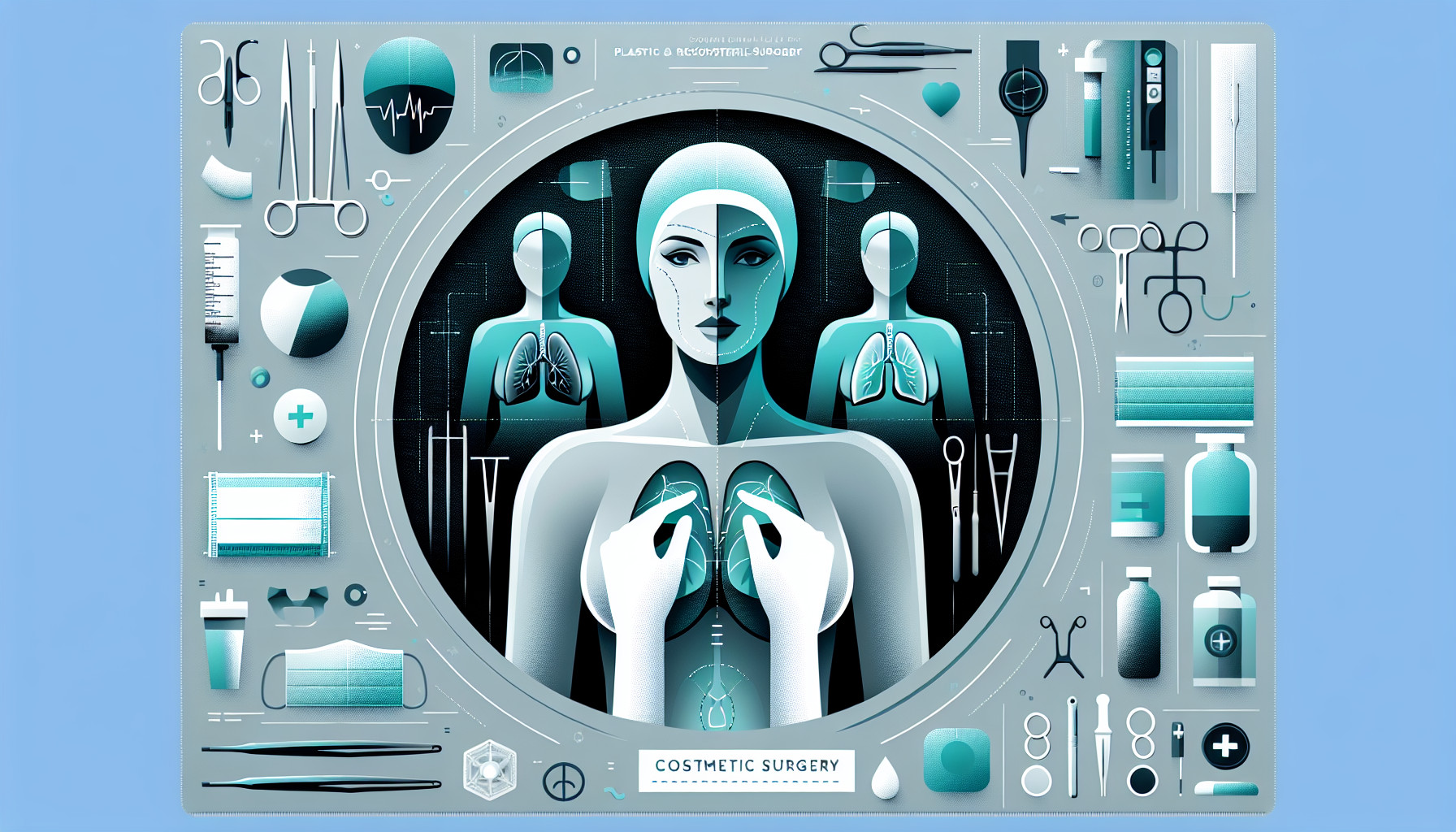Our Summary
This article explores the link between migraine surgery and cosmetic surgery. It found that a surprising number of people who undergo cosmetic surgery also suffer from migraines, making it potentially beneficial to combine the two types of surgery. The research found that techniques used in popular facial surgeries can also help with migraine relief, so patients could see improvements in both their appearance and their migraine symptoms. The article suggests that plastic surgeons should consider checking if their patients suffer from migraines, as they could potentially offer them additional relief through their cosmetic procedures.
FAQs
- What is the link between cosmetic surgery and migraine surgery?
- Can facial surgeries help with migraine relief?
- Should plastic surgeons consider checking their patients for migraines before cosmetic procedures?
Doctor’s Tip
A doctor might tell a patient considering cosmetic surgery to thoroughly research the procedure and the surgeon performing it. It is important for patients to have realistic expectations about the results and to understand the potential risks and complications associated with the surgery. Additionally, a doctor might advise the patient to maintain a healthy lifestyle, including proper nutrition, exercise, and skincare, to support the results of the surgery and promote overall well-being.
Suitable For
In general, patients who are recommended cosmetic surgery are typically individuals who are looking to improve their physical appearance and self-confidence. Common reasons for seeking cosmetic surgery include wanting to address signs of aging, correct physical imperfections, enhance certain features, or improve body contours. Some common types of cosmetic surgery procedures include facelifts, breast augmentation or reduction, liposuction, rhinoplasty, and eyelid surgery.
Specifically, patients who suffer from migraines may also be recommended cosmetic surgery if they are interested in addressing both their migraine symptoms and aesthetic concerns. In these cases, the patient’s plastic surgeon may recommend certain facial surgeries that have been shown to provide migraine relief in addition to improving the patient’s appearance.
Ultimately, the decision to undergo cosmetic surgery is a personal one, and patients should carefully consider their reasons for seeking surgery, as well as the potential risks and benefits associated with the procedure. It is important for patients to consult with a qualified plastic surgeon to discuss their goals and determine the most appropriate treatment plan for their individual needs.
Timeline
Before cosmetic surgery:
- Consultation: The patient meets with a plastic surgeon to discuss their desired procedure, expectations, and any concerns they may have.
- Pre-operative preparations: The patient may need to undergo medical tests, quit smoking, adjust medications, and follow any other pre-operative instructions provided by the surgeon.
- Surgery day: The patient arrives at the surgical facility, undergoes anesthesia, and the cosmetic procedure is performed.
- Post-operative recovery: The patient will need to follow post-operative care instructions, attend follow-up appointments, and allow time for swelling and bruising to subside.
After cosmetic surgery:
- Initial recovery period: The patient will experience swelling, bruising, and discomfort in the days following surgery. Pain medication and ice packs may be recommended to manage these symptoms.
- Follow-up appointments: The patient will need to attend follow-up appointments with the surgeon to monitor the healing process and address any concerns.
- Long-term results: Over time, the swelling will continue to decrease, and the final results of the surgery will become more apparent.
- Potential benefits for migraine sufferers: If the patient also suffers from migraines, they may experience relief from their symptoms as a result of the cosmetic surgery.
- Improved self-confidence: As the patient heals and sees the final results of their surgery, they may experience increased self-esteem and confidence in their appearance.
What to Ask Your Doctor
Is cosmetic surgery a safe option for me, given my medical history and current health status?
What are the potential risks and complications associated with the specific cosmetic procedure I am considering?
How experienced are you in performing this type of cosmetic surgery?
Can you provide me with before and after photos of patients who have undergone the same procedure?
What is the expected recovery time and what post-operative care will be required?
Will I need to make any lifestyle changes or adjustments before and after the surgery?
Are there any non-surgical alternatives that may achieve similar results?
How long will the results of the cosmetic surgery last and are there any maintenance procedures required?
How much will the cosmetic surgery cost and will it be covered by insurance?
How will the cosmetic surgery potentially affect my migraine symptoms and what are the chances of improvement in my condition?
Reference
Authors: Gfrerer L, Guyuron B. Journal: Aesthetic Plast Surg. 2017 Oct;41(5):1096-1099. doi: 10.1007/s00266-017-0896-x. Epub 2017 May 31. PMID: 28567475
